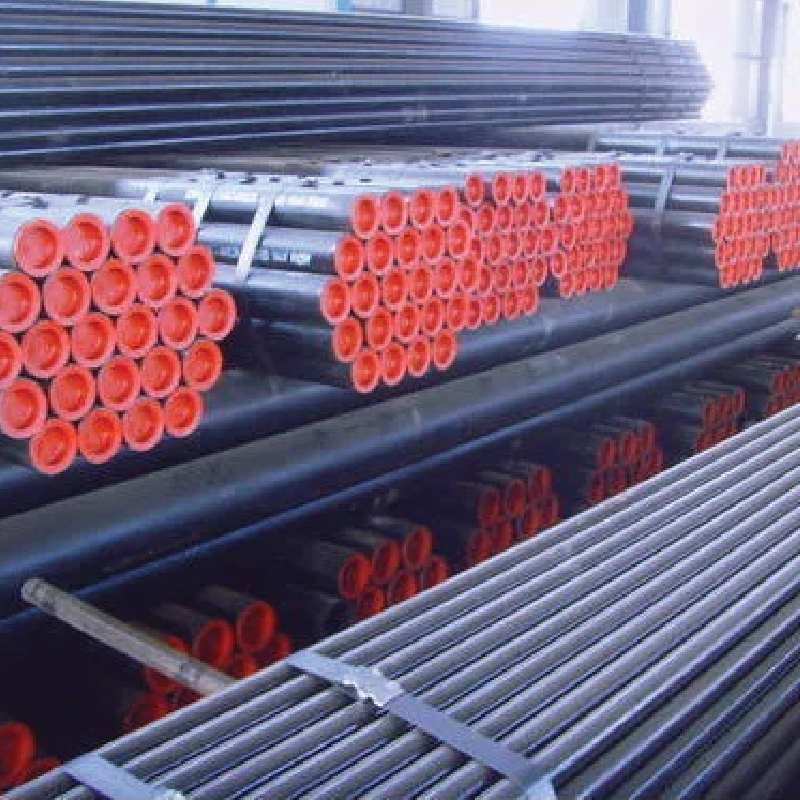-
Cangzhou Yulong Steel Co., Ltd.
-
Phone:
+86 13303177267 -
Email:
admin@ylsteelfittings.com
- English
- Arabic
- Italian
- Spanish
- Portuguese
- German
- kazakh
- Persian
- Greek
- French
- Russian
- Polish
- Thai
- Indonesian
- Vietnamese
- Zulu
- Korean
- Uzbek
- Hindi
- Serbian
- Malay
- Ukrainian
- Gujarati
- Haitian Creole
- hausa
- hawaiian
- Hebrew
- Miao
- Hungarian
- Icelandic
- igbo
- irish
- Japanese
- Javanese
- Kannada
- Khmer
- Rwandese
- Afrikaans
- Albanian
- Amharic
- Armenian
- Azerbaijani
- Basque
- Belarusian
- Bengali
- Bosnian
- Bulgarian
- Catalan
- Cebuano
- China
- China (Taiwan)
- Corsican
- Croatian
- Czech
- Danish
- Esperanto
- Estonian
- Finnish
- Frisian
- Galician
- Georgian
- Kurdish
- Kyrgyz
- Lao
- Latin
- Latvian
- Lithuanian
- Luxembourgish
- Macedonian
- Malgashi
- Malayalam
- Maltese
- Maori
- Marathi
- Mongolian
- Myanmar
- Nepali
- Norwegian
- Norwegian
- Occitan
- Pashto
- Dutch
- Punjabi
- Romanian
- Samoan
- Scottish Gaelic
- Sesotho
- Shona
- Sindhi
- Sinhala
- Slovak
- Slovenian
- Somali
- Sundanese
- Swahili
- Swedish
- Tagalog
- Tajik
- Tamil
- Tatar
- Telugu
- Turkish
- Turkmen
- Urdu
- Uighur
- Welsh
- Bantu
- Yiddish
- Yoruba

Oct . 06, 2024 17:33 Back to list
types of pipe caps
Understanding the Different Types of Pipe Caps
Pipe caps are essential components in various piping systems, serving a critical role in maintaining the integrity and functionality of pipelines across numerous industries. They are used to close the ends of pipes, preventing leakage and ensuring that the transported materials remain contained. Understanding the different types of pipe caps can help in selecting the suitable one for specific applications.
1. End Caps
End caps are the most common type of pipe cap, designed to fit over the end of a pipe to seal it completely. They are usually made from materials such as plastic, metal, or rubber, depending on the application requirements. End caps are available in different shapes, with the most common being threaded and slip-on designs. Threaded end caps allow for secure attachment and are ideal for high-pressure applications, while slip-on caps offer ease of installation for lower-pressure systems.
2. Blind Flanges
Although not typical caps, blind flanges serve the same purpose of blocking the end of a piping system. They consist of a flat disk with holes for bolting onto a flange and come in various sizes and pressure ratings. Blind flanges are particularly useful in high-pressure and high-temperature applications, where a more robust sealing method is necessary. They provide a solid closure, preventing any backflow or leakage.
3
. Socket Weld CapsSocket weld caps are designed specifically for socket weld piping systems. These caps have a socket that fits over the pipe, allowing for a secure seal when welded. They are commonly used in applications involving small-diameter pipes and high-pressure fluids. The welding process creates a strong bond, ensuring the integrity of the pipeline system over time.
types of pipe caps

4. Threaded Caps
Threaded caps feature internal threads that allow them to screw onto the external threads of a pipe. This type of cap is straightforward to install and remove, making maintenance easier. Threaded caps are ideal for applications requiring periodic inspection or replacement. They are available in various materials, including stainless steel, ensuring resistance to corrosion and compatibility with different mediums.
5. Capillary Caps
Capillary caps are specialized devices used to seal the ends of capillary tubes, which are typically employed in laboratory and medical applications. These caps ensure the containment of fluids without risk of contamination or evaporation. They are often made from materials compatible with the fluids being contained, such as silicone or rubber.
Choosing the Right Pipe Cap
When selecting the appropriate type of pipe cap, several factors must be considered. These include the material of the pipe, the type of fluid being transported, the pressure and temperature conditions, and whether regular access to the pipe's interior is needed. Proper selection is crucial, as the wrong cap can lead to failures, leaks, and costly downtime in industrial settings.
Conclusion
In summary, pipe caps are vital components in ensuring the safety and functionality of various piping systems. With multiple types available—including end caps, blind flanges, socket weld caps, threaded caps, and capillary caps—there is a specific solution for every application. By understanding the characteristics and benefits of each type, professionals can make informed decisions that enhance the reliability of their piping systems. Selecting the right pipe cap not only extends the lifespan of piping infrastructure but also safeguards against potential hazards associated with leaks and contamination.
Latest news
-
ANSI 150P SS304 SO FLANGE
NewsFeb.14,2025
-
ASTM A333GR6 STEEL PIPE
NewsJan.20,2025
-
ANSI B16.5 WELDING NECK FLANGE
NewsJan.15,2026
-
ANSI B16.5 SLIP-ON FLANGE
NewsApr.19,2024
-
SABS 1123 FLANGE
NewsJan.15,2025
-
DIN86044 PLATE FLANGE
NewsApr.19,2024
-
DIN2527 BLIND FLANGE
NewsApr.12,2024
-
JIS B2311 Butt-Welding Fittings LR/SR 45°/90° /180°Seamless/Weld
NewsApr.23,2024











